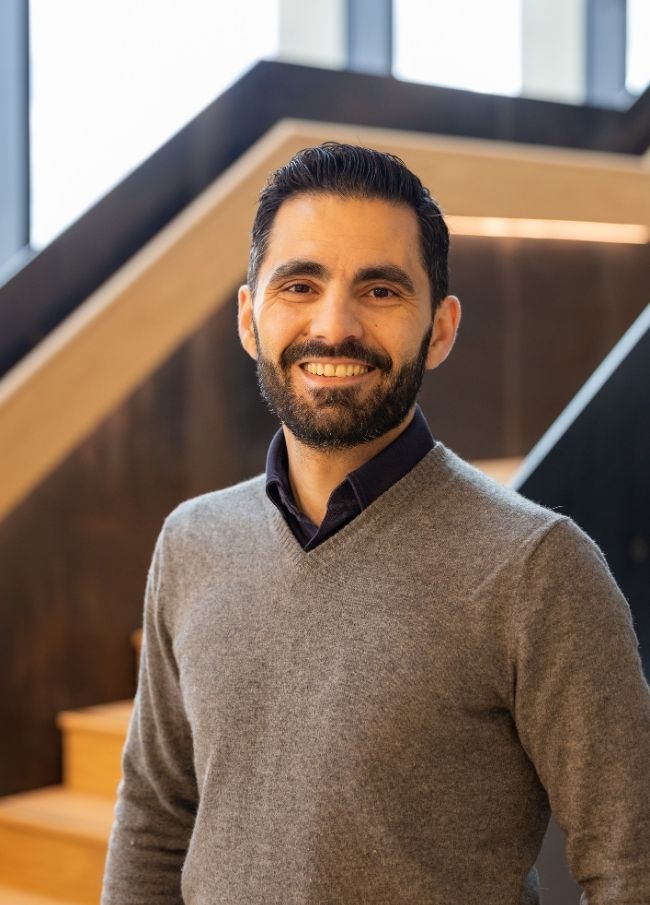About me
Associate Professor (Reader), Imperial College London
2021 -
Present
Professor, CECAD, University of Cologne, Germany
2017 -
2020
EMBO Young Investigator Programme
2014 -
2021
Wellcome Trust/Royal Society Sir Henry Dale Fellowship, UCL
2013 -
2018
Senior Lecturer, UCL
2008 -
2013
Post-doctoral researcher, UCL
2005 -
2008
2004 -
2003 -
Research focus:
At LMS our main research focus is on understanding the role that the gut microbiota plays in regulating host physiology. In particular, we use a combination of diverse model systems allied to omics approaches to understand more specifically how the microbiota regulates the effects of drugs in cancer and ageing.
Joined LMS:
2018
About me:
I am passionate about biochemistry, microbiology, and pharmacology, driven by a curiosity to understand the molecular mechanisms of life. My interest lies in exploring how biochemical processes shape cellular functions, how microorganisms interact with their environments, and how pharmacological agents influence health and disease. This interdisciplinary focus fuels my desire to contribute to advancements in medicine, where I seek to unravel complex biological systems and develop innovative solutions for therapeutic challenges.
My awards and achievements:
Royal Society/Wellcome Sir Henry Dale
EMBO Young Investigator
Impact of my work:
Our work helps us understand why diverse individuals respond differently to therapy, an important step towards personalised medicine. In addition, our work aims at identifying novel microbial derived compounds that can enhance the effects of therapy in diverse disease contexts.


